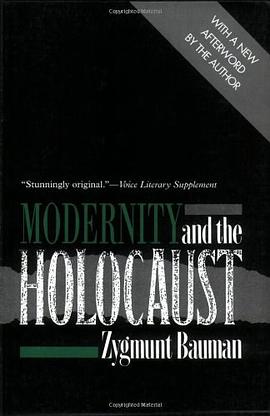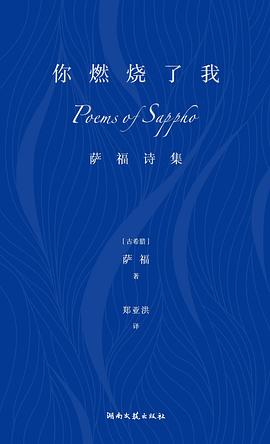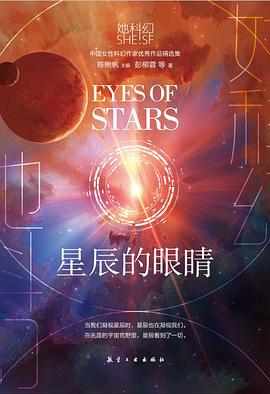Modernity and the Holocaust
内容简介
Attempting to provide a sociological explanation of the Holocaust, the main theme of this work is the demonstration that the Holocaust has to be understood as deeply involved with the nature of modernity - neither a single event nor a simple outpouring of barbarism. The author discusses what sociology can teach us about the Holocaust, but more particularly concentrates upon the lesson which the Holocaust has for sociology. There are two ways, he points out, in which the significance of the Holocaust can be side-stepped in our understanding of modernity. One way is to present the Holocaust as something which happened to the Jews, as an event in Jewish history. A second way is to regard the Holocaust as representing loathsome aspects of social life which the progress of modernity will increasingly overcome. Neither of these views stand up to scrutiny, according to the author.
......(更多)
作者简介
齐格蒙·鲍曼(Zygmunt Bauman, 1926- )当代最著名的社会家与哲学家之一,是“后现代主义”概念的主要创造者。他出生于波兰,曾任华沙大学社会系教授,1968年离开波兰,1969-1971年在特拉维夫和海法大学任教,后前往英国,任利兹大学终身教授,同时也在柏克利、耶鲁、堪培拉等大学任客座教授。主要著作有《阐释学与社会科学》(1987)、《现代性与大屠杀》(1989)、《现代性与矛盾》(1991)、《后现代性其不满》(1997)、《全球化:人类后果》(1998)。
......(更多)
目录
......(更多)
读书文摘
在盲人谷,独眼人就是国王。在现代官僚体制的理性世界里,非理性的冒险家就是独裁者。
......(更多)






